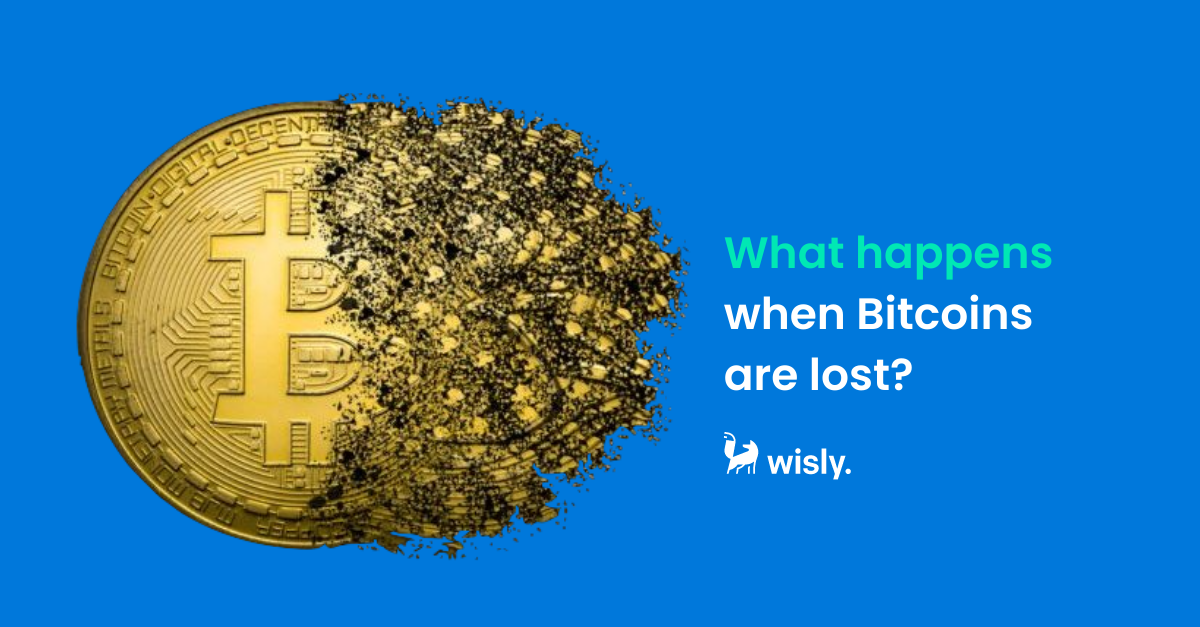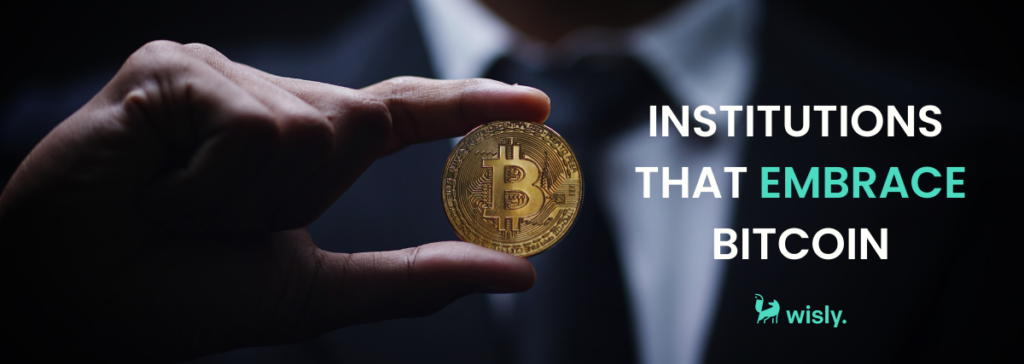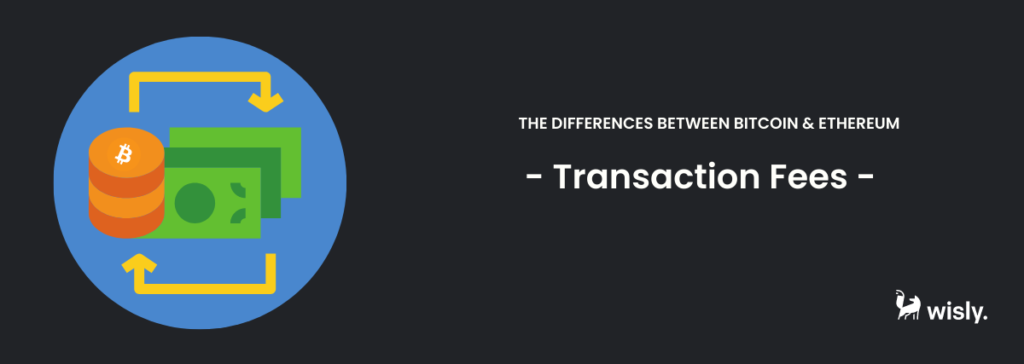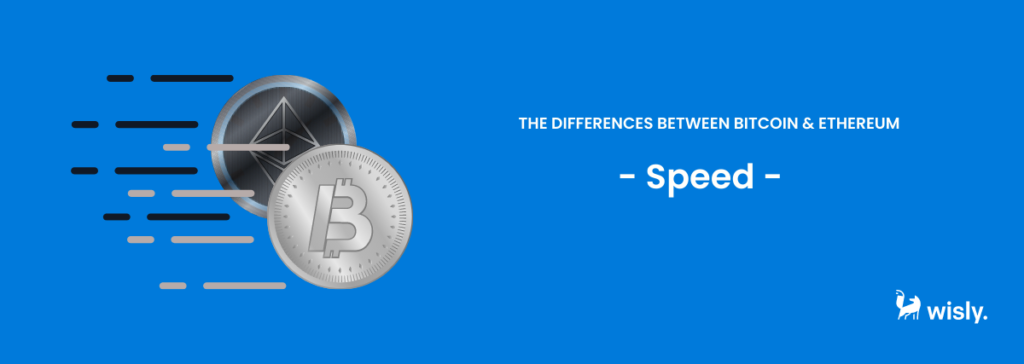Wisly Wednesday Industry News
It’s certainly been a whirlwind week in the crypto world with some encouraging news to soften some crushing blows in the market. Bitcoin plummets to under $30k as COVID cases spike; Major South Korean bank launches crypto custody services; Malaysian authorities destroy over 1,000 Bitcoin mining rigs; and Museum of Bitcoin Mining History opens in Venezuela.
Bitcoin plummets to under $30k as COVID cases spike

Bitcoin’s value has plummeted below $30,000 and is trading below 55% of its record high at the time of writing. This comes on the back of rising COVID cases with the dominant Delta variant causing a major shakeup of crypto markets across the globe. The crypto market has recently suffered a damaging blow after China banned the use of digital currencies within its borders. While the crypto market has since shown a steady recovery, the impact of the resurgence of COVID has struck with devastating effects.
Bitcoin wasn’t the only victim of this uncertainty as the value of Ether, Cardano, XRP and Dogecoin also experienced major losses. This broad sell-off has wiped $98 billion in value off the entire cryptocurrency market. The sudden drop in the market has concerned investors as new outbreaks of the virus could provide unwelcomed disruptions to global growth that appeared to be recovering steadily.
Industry specialists are confident that institutional investors will be lured back into Bitcoin with its current value ripe for investment. Portfolio manager at Galaxy Digital, Paul Capelli, was of the opinion that the substantial selling of digital assets was due to an overwhelming number of mining and trading desks being shut down. He estimated that affected miners and trading desks should be fully operational in a year as they relocate their businesses and restore operations.
Capelli was confident in the market recovering by saying, “As global leadership continues to get more comfortable with bitcoin and regulatory clarity increases, we are confident that the short-term volatility will give way to a stronger asset class.”
Major South Korean bank launches crypto custody services

Woori Financial Group, one of the biggest financial institutions in South Korea, is planning to offer its clients a cryptocurrency custody service through an innovative project dubbed D-Custody. This exciting initiative will be launched in collaboration with Coinplug, a South Korean blockchain provider and one of the pioneering Bitcoin exchanges in the region.
D-Custody is due to go live next week with Coinplug being the major shareholder and Woori Financial Group playing a vital supporting role. Excitement was abound as a Woori Bank representative said, “In overseas markets, the digital asset custody has become a successful, established practice among the new services offered by the banks.”
While regulators in South Korea have been clamping down on crypto trading activities in the country with crypto transaction taxes and strict regulations on illegal transactions, there has been an increasing demand for digital asset custody services from investors in the country. Other South Korean banks have also picked up on this trend with KB Kookmin and Nonghyup Bank exploring crypto custody services as part of their offering.
Malaysian authorities destroy over 1,000 Bitcoin mining rigs

Malaysian authorities have taken a hard stance on Bitcoin miners who they claim are part of an intricate electricity theft syndicate operating in the country. A reported 1,069 Bitcoin mining rigs were crushed by officials who claim that electricity worth more than $2 million was stolen for Bitcoin mining activities. An online video was recently released showing a steamroller in Malaysia crushing the Bitcoin mining rigs while 6 individuals were arrested.
The destroyed Bitcoin mining rigs were estimated to be worth $1.25 million. The rigs were seized by a joint operation with the Malaysian police and Sarawak Energy, an electric utility company in the country. The arrested individuals were fined $2,000 each and served with a jail sentence of eight months according to an official police statement by chief ACP, Hakemal Hawari.
Since the exponential growth of Bitcoin earlier this year, electricity theft is on the rise across the globe as more people shift to Bitcoin mining with the hope of striking it rich. Chief ACP Hawari was cognisant of the harmful effects of electricity theft in the country, and stated, “The electricity theft for mining bitcoin activities has caused frequent power outages, and in 2021 three houses were razed due to illegal electricity supply connections.”
Museum of Bitcoin Mining History opens in Venezuela

Venezuela has recently opened a new museum that is dedicated exclusively to the history of Bitcoin mining. Visitors to the museum can look forward to learning about the origins of cryptocurrencies and their journey to the current state of crypto mining around the world. This initiative was spearheaded by a Venezuelan mining-dedicated institution, Criptoavila, with nine years of industry experience.
The museum, based in Caracas, is free to enter and is open to the public with the intention of educating visitors about Bitcoin mining. With Bitcoin being legalised in Venezuela, there has been an increased interest in mining and trading activities from its citizens. Criptoavila member, Joan Telo, beamed with pride as he said, “We decided to take this step because, until now, there is no, or at least not publicly, a place where people can observe evolution and we felt it necessary. Our idea is to add equipment to the museum as we get them because we want to be a world reference on this issue of the evolutionary process of cryptocurrency mining.”




































